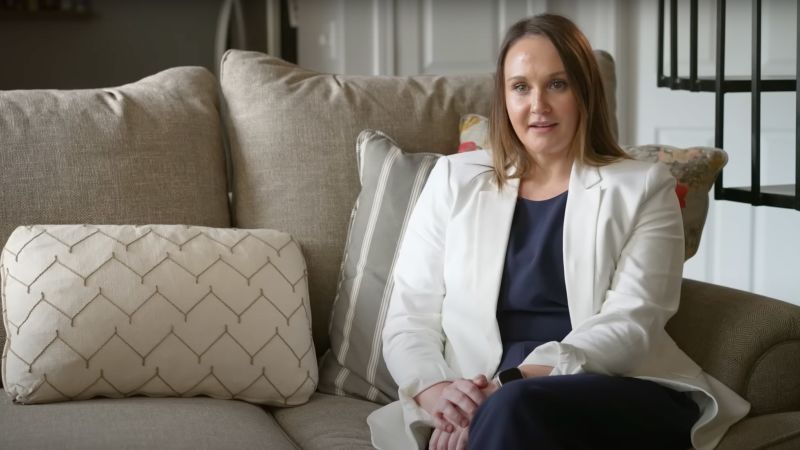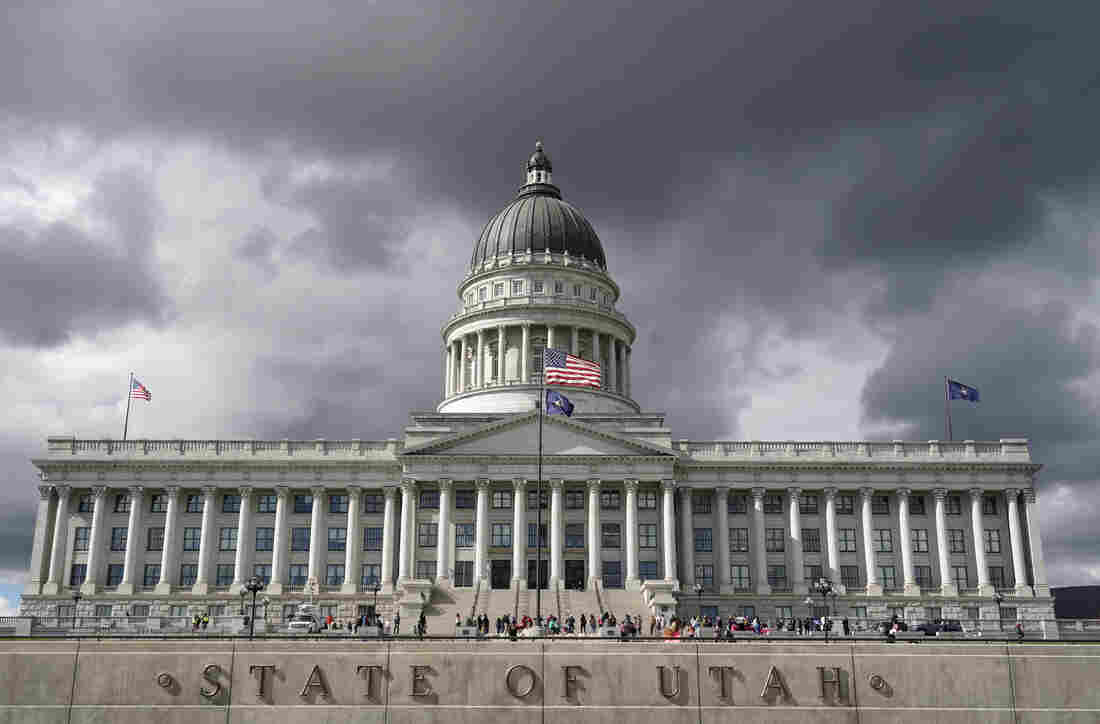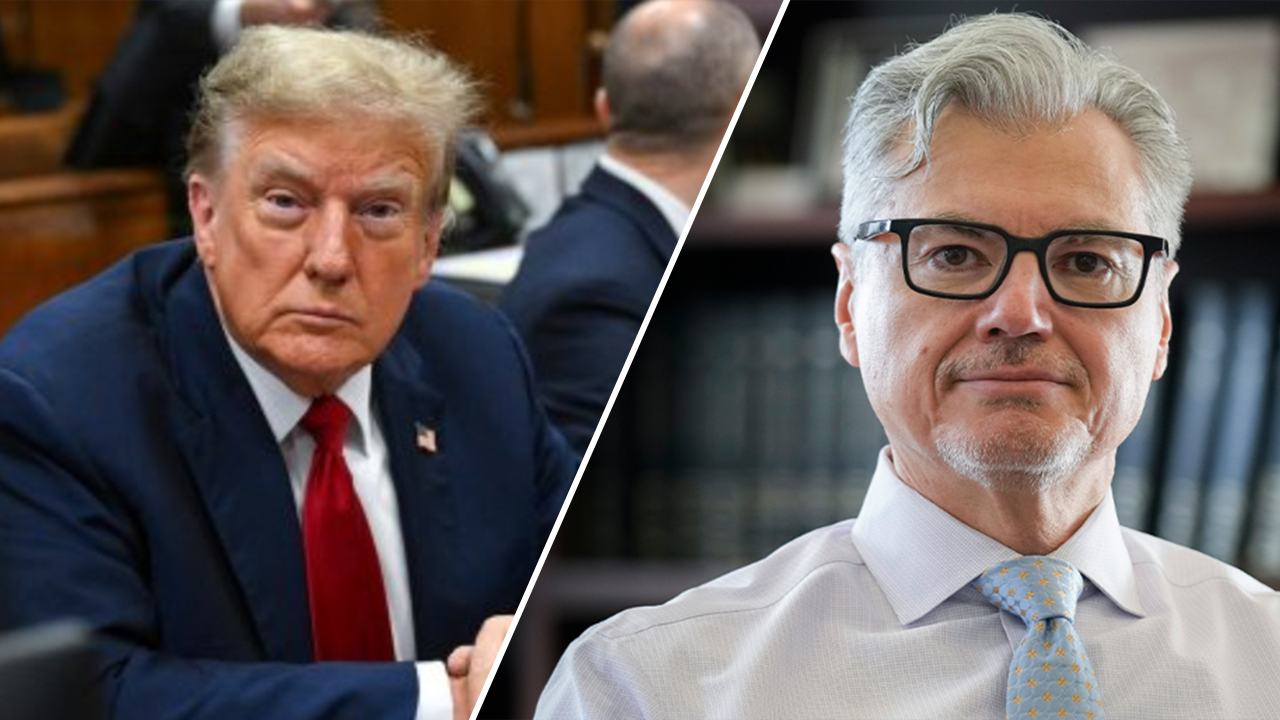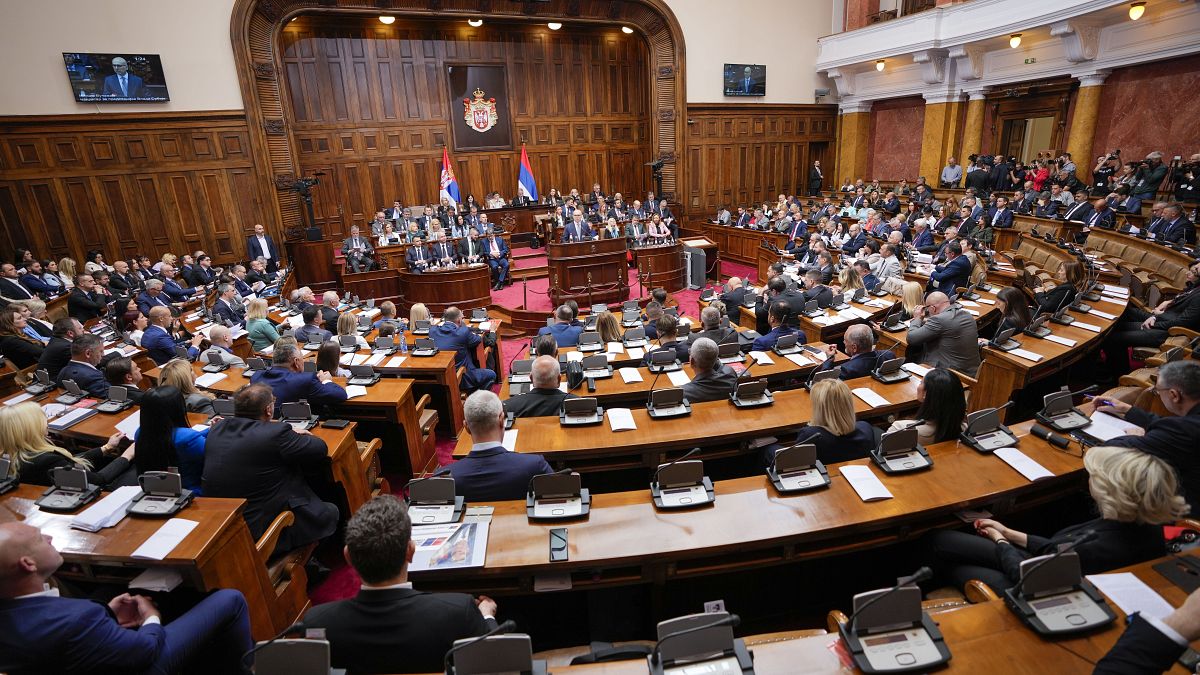CNN
—
A three-person tribunal has recommended against the firing of a Georgia teacher who is at risk of being terminated after reading a book about gender identity to her fifth grade class, according to the teacher’s attorney.
The Cobb County School District, which is in the Atlanta area, informed Katherine Rinderle in June that it intended to terminate her employment at Due West Elementary School after she read the book “My Shadow is Purple” to her students, according to a charge letter from the school district reviewed by CNN.
On Monday, a tribunal appointed by the Cobb County Board of Education issued a non-binding rejection of the superintendent’s recommendation to terminate Rinderle, her attorney Craig Goodmark said in a statement.
The school board will review the tribunal’s recommendation at an upcoming meeting and vote on whether to accept, reject or modify its decision, Goodmark said.
“The District appreciates the work of the Tribunal Members and the Hearing Officer,” a board spokesperson said in a statement. “The Board will review the Tribunal’s recommendation and looks forward to returning our entire focus on educating all of our talented students.”
“My Shadow is Purple,” written by Scott Stuart, describes itself as a “heartwarming and inspiring book about being true to yourself.” Publisher Larrikin House says the story “considers gender beyond binary in a vibrant spectrum of colour.”
After reading the book to her class, Rinderle said the principal told her a parent had complained that the book was inappropriate.
The district claims Rinderle violated at least six district policies and administrative rules, which include two polices based on Georgia laws passed last year – one that restricts instruction of “divisive concepts” and another that provides greater transparency to parents and legal guardians regarding what their children are being taught, the charge letter shows.
The Georgia legislation is part of a broader effort by conservative lawmakers in several states to limit how issues like sexual orientation, gender identity and race are taught in schools.
The tribunal ruled Rinderle did not violate board policies on insubordination but said she did violate the other policies.
“I appreciate the tribunal’s consideration of my case and decision not to terminate me,” Rinderle said in a statement following the ruling. “However, I disagree that I’ve violated any policy and that finding remains unjust and punitive.”
She also said the school district never explained to her what “divisive” means.
“The district has never provided adequate guidance on how I am supposed to know what is and what is not allowed in the classroom based on these vague policies. Prioritizing behaviors and attitudes rooted in bigotry and discrimination does not benefit students and undermines the quality of education and the duty of educators,” Rinderle said in her statement.
Rinderle has been on paid administrative leave pending the outcome of her termination decision, Goodmark said previously.
The tribunal – made up of three retired Cobb County educators – heard two days of hearings last week in which parents, district officials and Rinderle herself testified.
Due West Elementary Principal Cissi Kale told the tribunal she believes Rinderle isn’t able to be an effective teacher in the district, despite Rinderle’s history of receiving consistently high performance evaluations.
“I think it would be very hard to coach her going forward on this issue because she hasn’t acknowledged that the book was controversial. So, I can’t be sure that she wouldn’t read another book of the same nature,” Kale said.
Teachers, including Rinderle, are given extensive training on the use of supplemental materials and on what issues are considered controversial, Kale said.
School district assistant superintendent Gretchen Walton also suggested Rinderle should not retain her teaching position.
“Ms. Rinderle’s actions and choices have made it impossible for us to put her back in a classroom with any confidence that we can rely on her good judgment and that these actions won’t recur,” Walton said.
A parent, Susan Oruseibio, testified in support of Rinderle, calling the book “a beautiful story.” Oruseibio said she wants her daughter to learn about diversity and inclusion in school so that she could be prepared for interacting with people from diverse backgrounds.
Rinderle was the last to provide her testimony. She became emotional at times as she insisted she is a dedicated teacher who celebrates her students’ differences.
“Our students come to us with all of their assets,” Rinderle said. “They have diverse backgrounds, experiences, cultures. They have diverse needs, so embracing a whole child is centering all of that in their learning.”


































